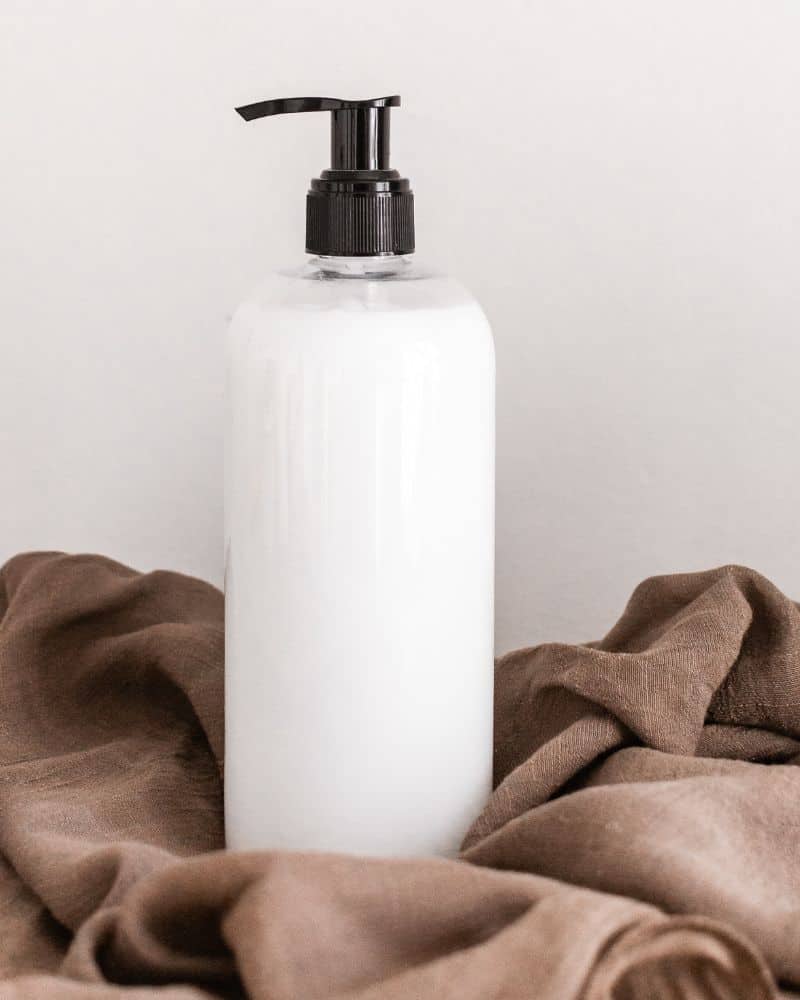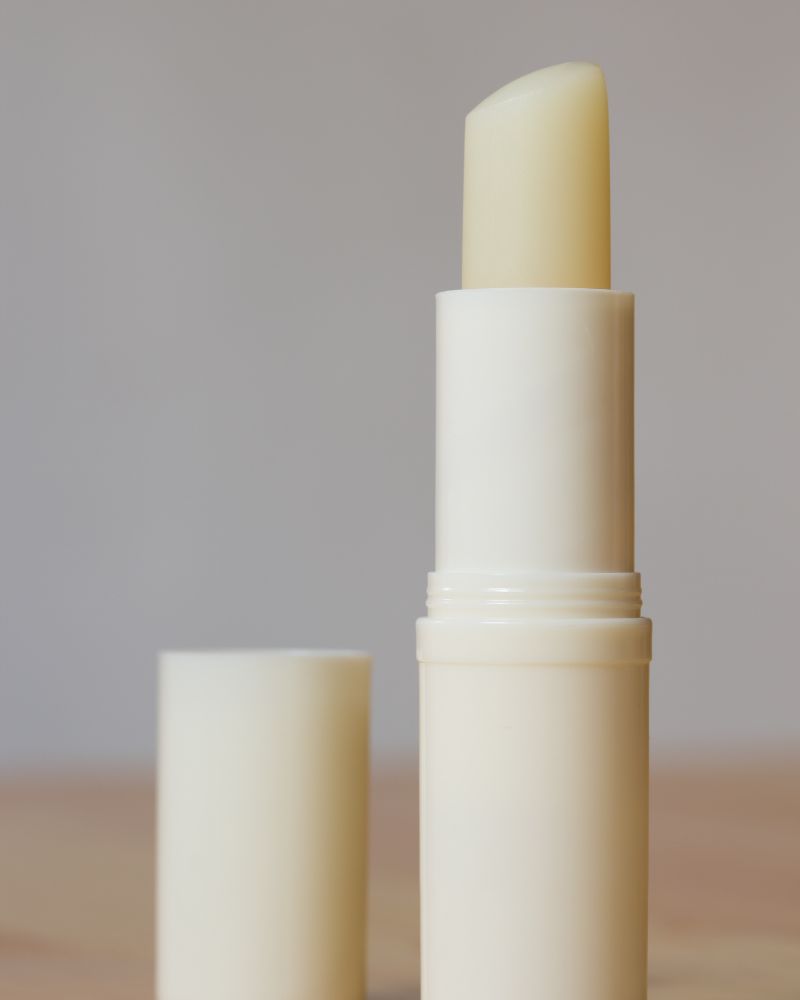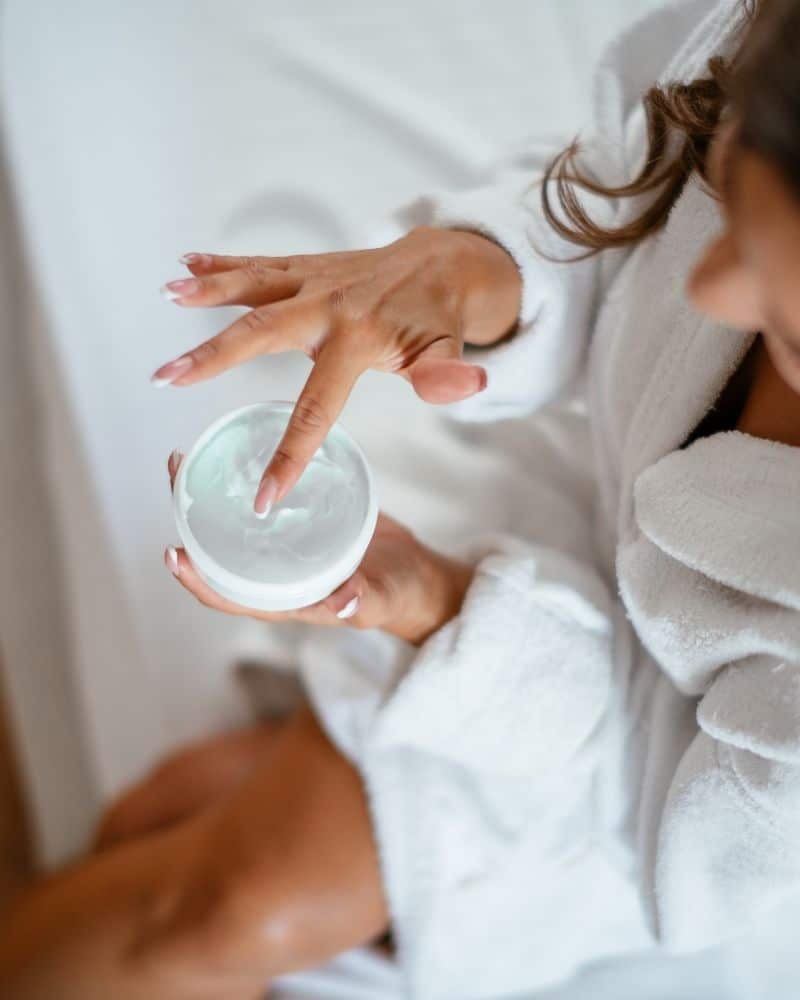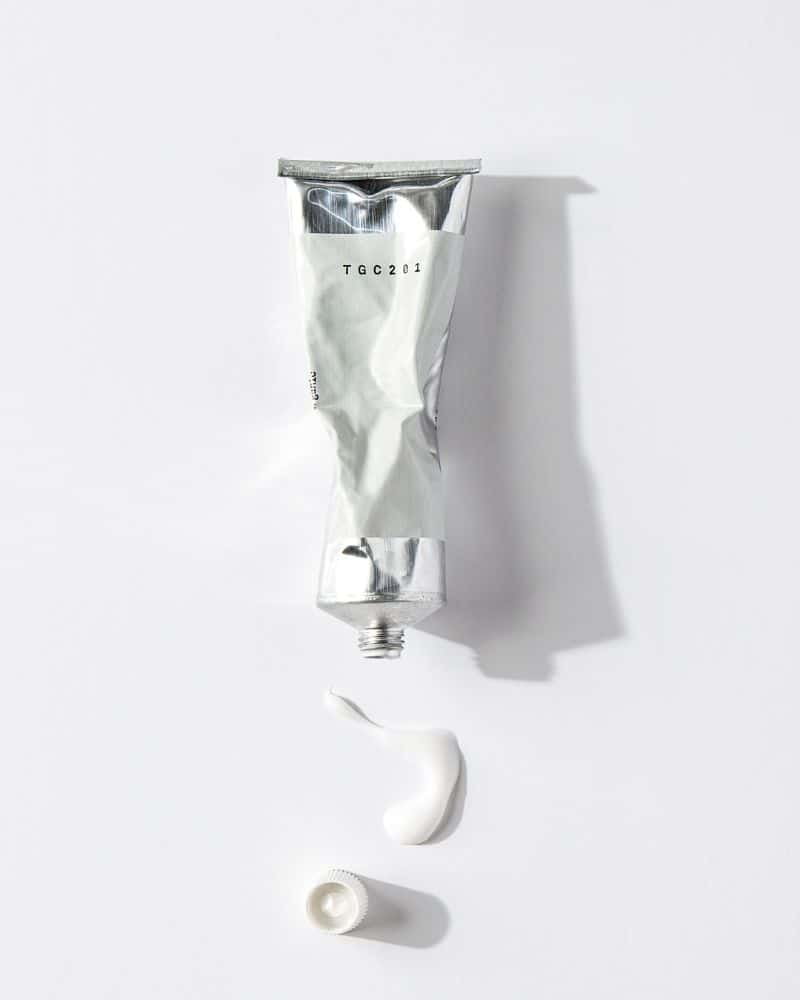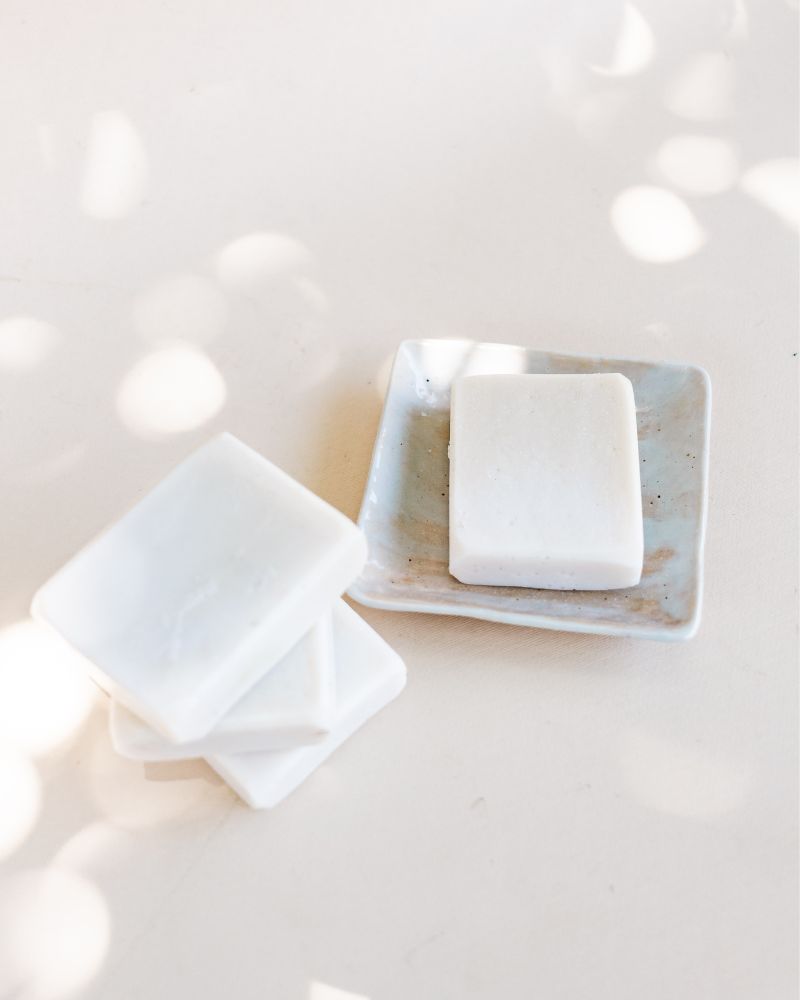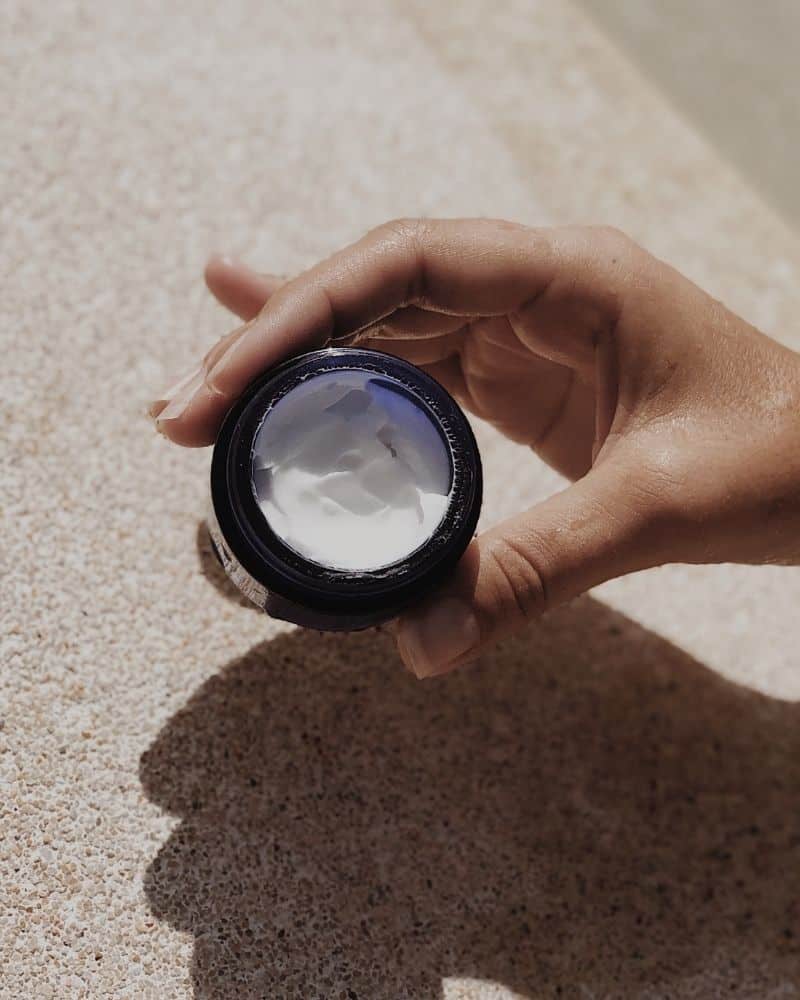What Happens If You Stop Using Tretinoin or Retin-A
This post may contain affiliate links.

You’ve been using tretinoin for a while now and your skin looks amazing, but you’re thinking about taking a break, or maybe even stopping altogether. Perhaps you’re wondering what happens if you stop using tretionin? Will your skin go back to the way it was before starting tretinoin? Here’s everything you need to know.
What Is Tretinoin
Tretinoin is a prescription-only form of Vitamin A that speeds up skin cell turnover, making it excellent for anything from acne to wrinkles. It belongs to a class of molecules known as retinoids, which is an umbrella term for all Vitamin A compounds and derivatives like retinol or adapalene.
Tretinoin is known as a do-it-all product as it can treat clogged pores, acne, oily skin, acne scars, hyperpigmentation and signs of aging like fine lines and wrinkles. It also stimulates collagen and production. Because of it’s multitude of benefits, tretinoin is hailed as the gold standard for anti-aging and acne.
Tretinoin is one of the strongest and most effective retinoids on the market. However, it can also be one of the most irritating, which is why it’s prescription only. Tretinoin is a powerful exfoliator that can cause redness, irritation, flaking, dryness and peeling, especially when you first start using it.
Benefits Of Tretinoin
- Treats & prevents acne – Tretinoin unclogs pores and speeds up skin cell turnover to prevent pimples from forming. In fact, it’s FDA approved to treat acne, so you know it’s effective!
- Anti-aging – Tretinoin also smooths out fine lines and wrinkles by increasing collagen production and speeding up skin cell turnover. It’s also FDA approved for anti-aging
- Fades hyperpigmentation – Tretinoin can help fade dark spots and acne scars by increasing skin cell turnover and stimulating collagen production
- Treats acne scarring – Not only can tretinoin help with active acne, but it can also reduce the appearance of acne scars. It does so by stimulating collagen production and increasing skin cell turnover to fill in indented scarring and fade dark spots
- Smooths texture – Tretinoin smooths skin texture by speeding up cell turnover and exfoliating away dead skin, revealing smoother, softer skin
- Improves skin tone – Tretinoin can improve skin tone by lightening dark spots and scars and evening out skin tone
- Minimizes pores – Tretinoin can reduce pore size by unclogging pores and stimulating collagen production
What Happens If You Stop Using Tretinoin or Retin-A

While many people think once they clear up their skin or get rid of their hyperpigmentation with tretinoin or retin-a, they can stop using it, that’s not the case. Once you stop using tretinoin, your skin will go back to how it was before you started using it. That means all the progress you made in clearing up your acne, fading dark spots or wrinkles may be lost. Let’s take a look at what happens when you stop using tretinoin:
You May Start To See Wrinkles and Fine Lines Again
Tretinoin speeds up cell turnover which helps to smooth fine lines and wrinkles. It also helps to stimulate collagen production which keeps skin looking tight, smooth and youthful. Once you stop using tretinoin, your skin will start to produce collagen at it’s regular pace and wrinkles and fine lines will start to appear again.
Your Acne May Come Back
If you’re prone to breakouts, you may find that they becoming more frequent once you stop using tretinoin. This is because tretinoin helps to unclog pores and prevent blemishes from forming. So if you discontinue use of the product, your pores may become clogged again and you may start breaking out more often, like you did before you started using tretinoin in the first place.
Your Skin Texture May Become More Rough
Tretinoin helps to slough off dead skin cells and smooth out the surface of the skin. So when you stop using it, your skin may become more rough and dry as the dead skin cells start to accumulate on the surface of your skin, especially if you stop using any kind of exfoliants.
You Skin May Look Duller
Since tretinoin helps to even out skin tone and give skin a healthy glow, you may find that your complexion looks more dull once you stop using the product. This is because the dead skin cells on the surface of your skin will start to accumulate and make your skin look less radiant. When tretinoin exfoliates the dead skin cells, it helps to reveal new, healthy skin cells which makes your complexion look brighter and more radiant.
Your Skin Texture May Become Rough and Uneven
Tretinoin helps to smooth out the surface of your skin by exfoliating away dead skin cells and stimulating collagen production. So when you stop using it, your skin may become more rough and uneven as the dead skin cells start to accumulate on the surface of your skin.
Your Pores May Become Enlarged
Tretinoin helps to unclog pores and keep them clear. Clear pores look smaller and clogged pores will look larger, so if you stop using tretinoin or retin-a and your pores become clogged, it may cause your pores to look larger.
Your Skin Tone May Become Uneven
Tretinoin helps to lighten dark spots like sun spots or other types of hyperpigmentation. When you stop using tretinoin, these spots won’t fade as fast and if you aren’t using proper skincare and sun protection, you could develop more dark spots and hyperpigmentation leading to uneven skin tone.
What Happens If You Stop Using Tretinoin or Retin-A For Acne

Tretinoin is a topical retinoid that is most commonly used to treat acne. Topical retinoids are powerful drugs that are derived from Vitamin A. Tretinoin works by increasing cell turnover and unclogging pores. This prevents new acne from forming and helps to treat existing acne.
So what happens when you stop using tretinoin for acne?
When you stop using tretinoin, your acne may come back because the pores will become clogged again and new blemishes may form, especially if you don’t use any other kind of acne treatment or chemical exfoliant to replace the tretinoin.
In addition, your skin may become more rough and dry as the dead skin cells start to accumulate on the surface of your skin. Your skin tone may also become uneven as dark spots from acne may take longer to fade.
If you are thinking about discontinuing use of tretinoin, it is important to talk to your dermatologist first. They may be able to recommend a different acne treatment that is more suitable for you.
Related post: How To Switch From Tretinoin To Tazorac
Does Tretinoin Permanently Change Your Skin?
No, tretinoin does not permanently change your skin. The changes that you see while using tretinoin are usually temporary and will go away once you stop using the product.
Tretinoin, does however, change your skin shedding cycle. Our skin naturally goes through a skin cell turnover cycle where old skin cells are shed and new skin cells grow to replace them. This turnover cycle usually takes about 28 days. However, tretinoin speeds up this cycle and your old dead skin cells are replaced with new skin cells at a quicker rate.
So when you stop using tretinoin, your skin’s turnover cycle will go back to its natural 28 day cycle and the changes that you saw while using tretinoin will slowly start to reverse.
Can You Start And Stop Tretinoin
Yes, you can stop and start using tretinoin as needed. In fact, many women throughout their life as tretinoin cannot be used while pregnant or breast feeding.
Generally, you can start and stop tretinoin as you please without any major consequences. However, it’s important to note that your skin will go through some changes as it adjusts to the tretinoin, and then again as it readjusts to not using tretinoin.
If you stop using tretinoin for long periods of time, you may experience another tretinoin purge when you restart it.
When you stop using tretinoin, you may experience some of the above mentioned side effects such as enlarged pores, uneven skin tone, or your acne may come back.
Related post: Can I Switch From Retinol To Tretinoin?
Can You Ever Stop Using Tretinoin?

You can stop using tretinoin at any time. However, keep in mind that your skin shed cycle will go back to normal and you may experience things like breakouts, rough skin and more signs of aging when you stop using tretinoin.
While many people who use tretinoin for things like acne or hyperpigmentation can eventually stop using tretinoin, others may find that they need to use it long term to maintain results.
Your skin will go back to its normal state once you stop using tretinoin. If you want to maintain the results that you achieved while using tretinoin, you will need to keep using it.
What Happens When You Stop Using Tretinoin FAQ’s
Will I breakout if I stop using tretinoin?
You may breakout if you stop using tretinoin. When you stop using tretinoin, your skin’s turnover cycle will go back to its natural 28 day cycle and the changes that you saw while using tretinoin will slowly start to reverse. This may cause your acne to come back or get worse since the tretinoin was helping to keep acne from forming.
However, some people may find that they don’t experience any breakouts after discontinuing use.
When should you stop using tretinoin?
There may be times that you need to stop using tretinoin, such as when you’re pregnant or breast feeding. You may also need to stop using it if you experience side effects such as skin sensitivity, irritation, dryness or other bothersome skin concerns.
What happens if I stop using tretinoin for a month?
If you stop using tretinoin for a month, or even a week, not much will change. A month is not long enough for your skin to get back to its natural skin cell shed cycle. You’ll likely be able to start using tretinoin again after a month with no issues. However, if you stop using it for longer periods of time, you may experience some of the above mentioned side effects such as enlarged pores, uneven skin tone, or your acne may come back.
What Happens If You Stop Using Tretinoin: Wrap Up
Tretinoin is an incredible ingredient that can target any and every skin concern you may have. Whether you’re using it for acne, wrinkles, or pigmentation, tretinoin can give you the results you’re looking for. But, unfortunately, the results aren’t permanent. When you stop using tretinoin, your skin will likely go back to the way it was before you started using it. This can mean more breakouts, rough skin texture and more fine lines and wrinkles. While you can start and stop use of tretinoin easily, and it’s perfectly okay to do so, you may experience some skin issues during the adjustment periods.
